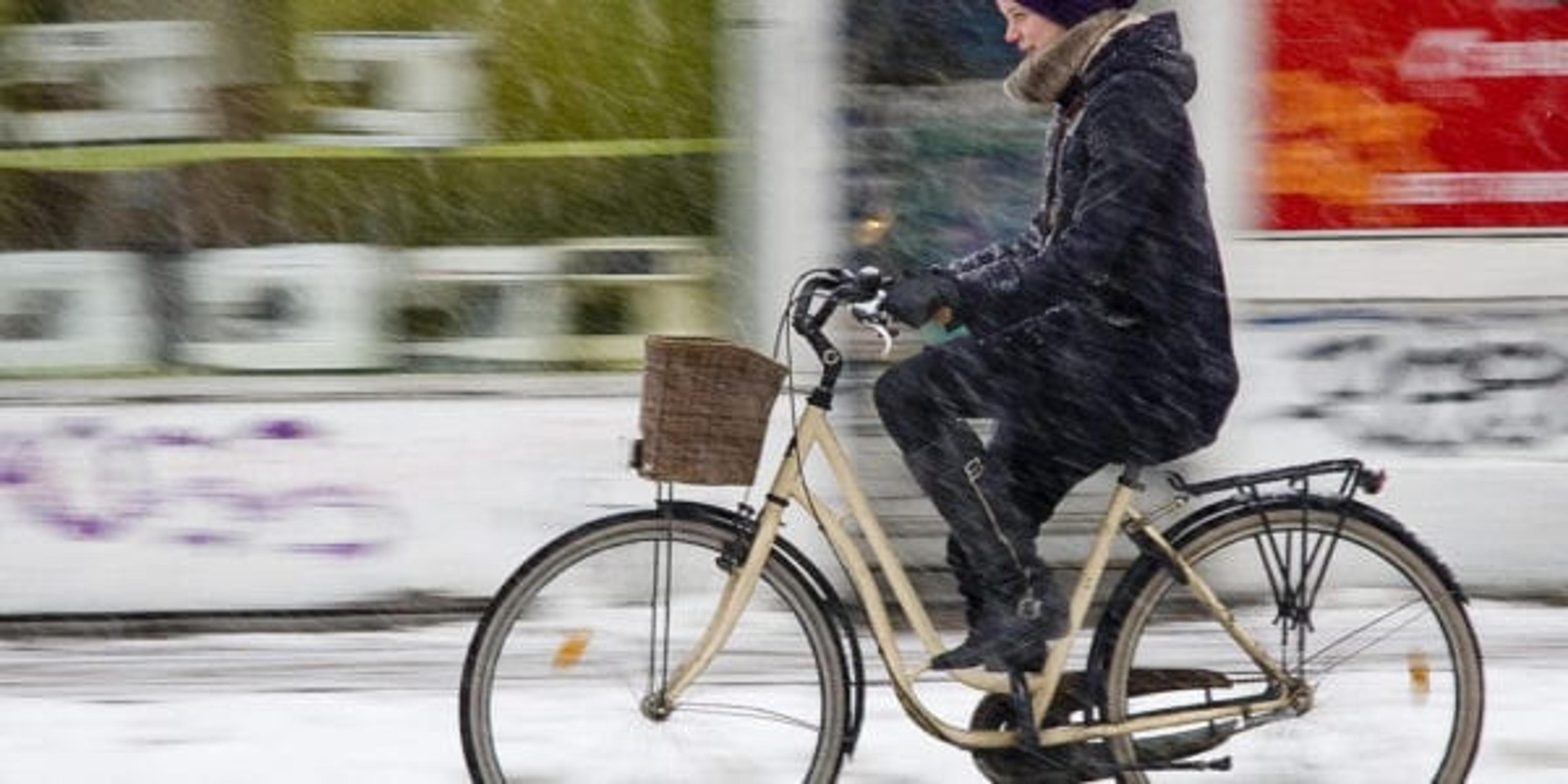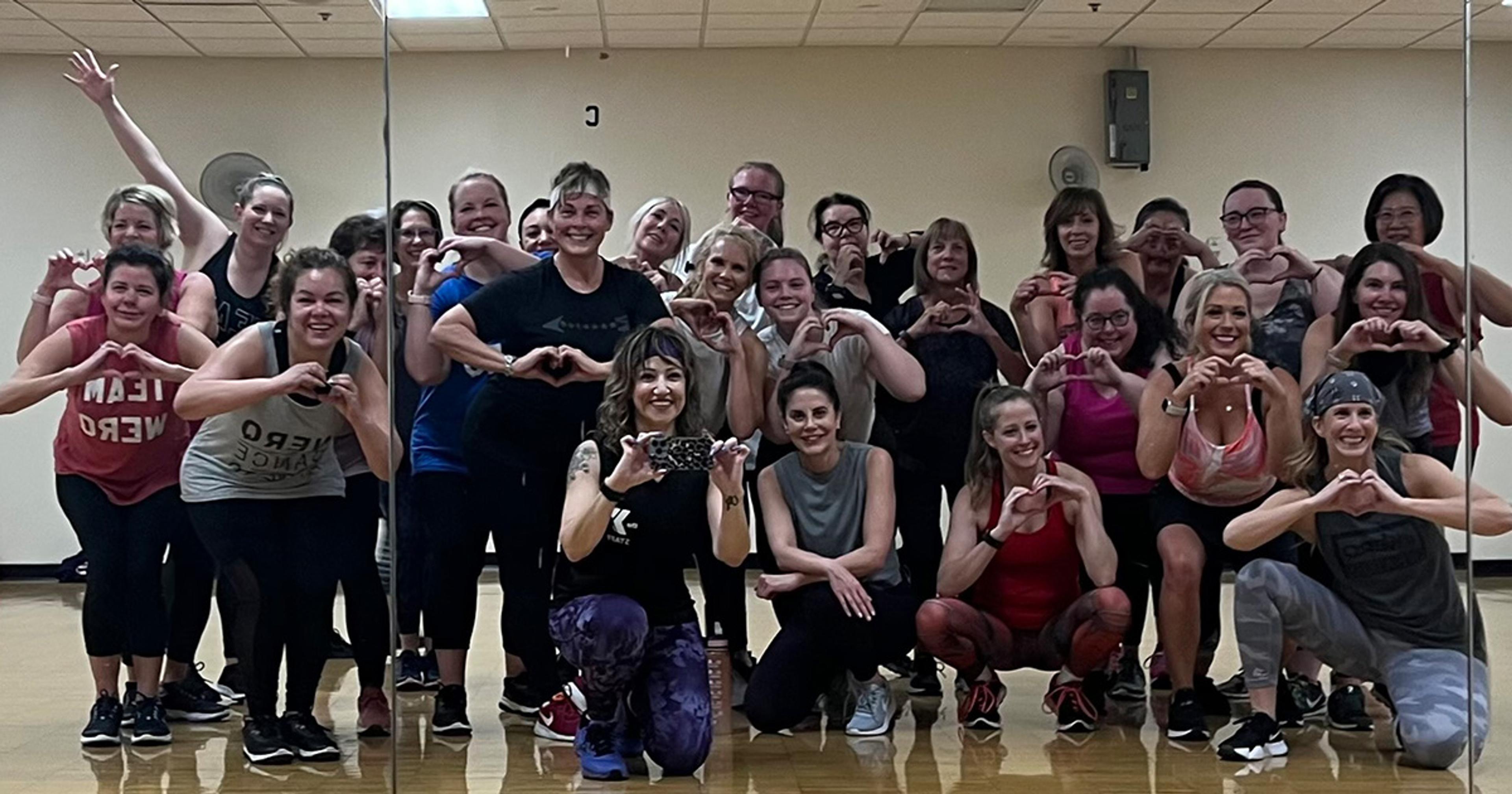All You Need to Become a Winter Cyclist
| 3 min read

When snowy weather arrives, you might think that bicycling season is over. But with a few tips and the right gear, cycling can be an all-year round activity. In fact, it’s a great way to stay active outside, which can help counter winter weight gain and seasonal affective disorder.
It can be intimidating to take out your two-wheeler on ice and snow, so start slowly and build confidence along the way. The first time out, go somewhere where you feel comfortable, like a local park or even around your neighborhood. Try it once a week until your body adjusts to the weather, then take the bike out more often. Here are a few other tips to make the most of winter cycling:
Choose the right bike. There’s no reason to pull out your racing bike for a winter ride. Look for bikes that are marked as mountain, hybrid or cross bikes, as they are made to handle multiple kinds of terrain.
Don’t overdress. Too much clothing will make you overheat and sweat too much, which could lead to hypothermia and dehydration. Start with a base layer, and toss on a wind breaker and a soft shell jacket over that. Other necessities are gloves, a scarf or mask to cover your face, a skull cap for your ears and sunglasses to keep the glare and wind out of your eyes. Warm or multiple thin socks will help keep your feet nice and warm.
Swap out your tires. The more surface area you have on the ground, the slower you will move. So when biking on slick surfaces, use tires that are generally wider or knobbier than what you’d ride on in the summer. This will you give you a better grip on the road and prevent you from falling.
Lower your tire pressure. Letting a little air out of your tires will help give you even more of a grip to the road or sidewalk. Look at the PSI written on the sidewall of your tire and inflate to about 10 to 15 PSI under the max amount.
Let there be lights. Visibility is important for your safety, and on a snowy January afternoon you might not realize how much you fade into the winter haze. Add headlights and a bright taillight on your bike. This will help you see what’s in front of you and help you be seen by what’s around you.
Change your technique. Take wider turns when it’s sloppy out on the road to avoid losing your balance. And as you ride, lightly squeeze your brakes every now and then to clear off any snow or ice that may have accumulated.
Be smart. Ride on clear pavement when you can and if you encounter a spot that looks too slippery for you to ride over, don’t hesitate to dismount. There is no shame in taking precautions that help you and the people around you stay safe.
Have some winter biking tips of your own? Share your biking adventures with us!
If you liked this post, you might also like:
This blog post is part of #HealthyMe, a personalized web experience based on your health and wellness goals. To sign up today, visit https://www.ahealthiermichigan.org/healthyme.
Photo credit: Colville-Anderson





